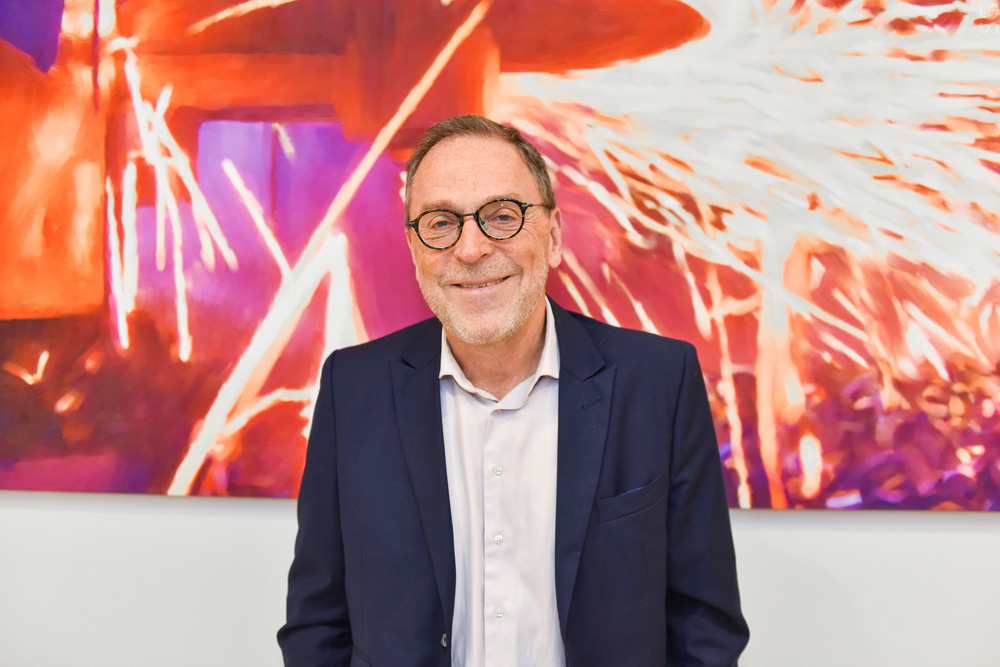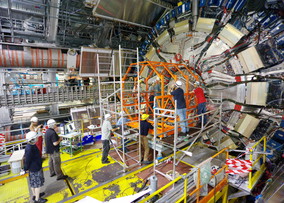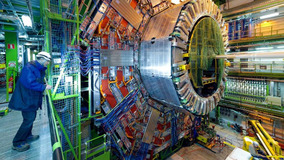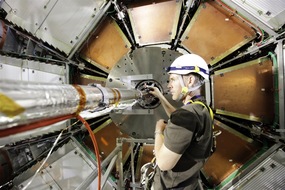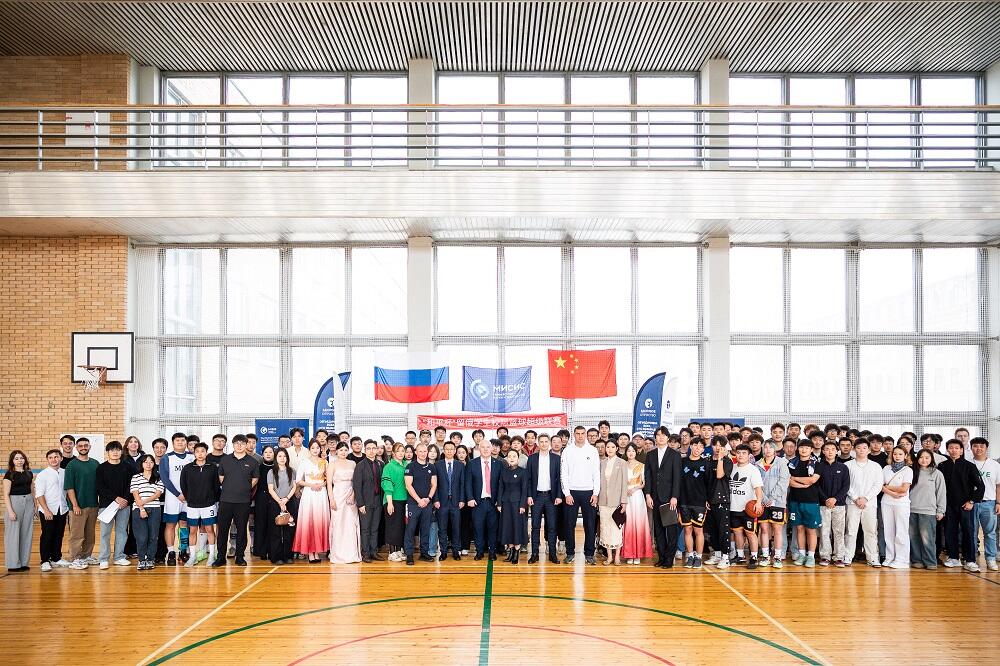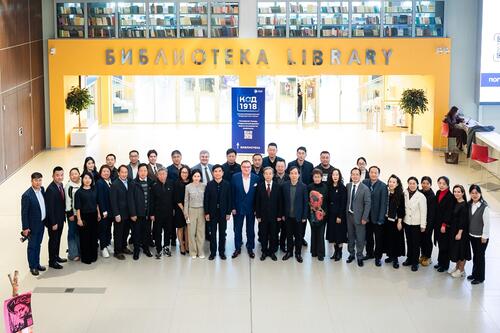NUST MISIS and the European Organization for Nuclear Research (CERN), in partnership with international educational centers such as INFN, “Federico II” University of Naples, the University of Zurich, and the Imperial College of London have announced the start of the fall session of a joint educational program. The course’s main goal is to train young specialists to develop advanced technologies and materials in the search for new physical effects in CERN experiments.
New technologies make it possible to study new types of Fundamental Physical Phenomena, and vice versa, fundamental discoveries lead to the creation of new technologies. New technologies to detect particles, as well as new methods of processing relevant “big” data sets are required to measure the unprecedented precision equipment needs to handle the maximum energy and intensity of particle flows at CERN and other centers.
The development of new detector technologies has always been a large international process, with universities, national laboratories, and industrial enterprises all playing a role, and a global institute like CERN acting as a connecting platform.
“The Prospective Technological, Methodical and Material Solutions for New Physical Effects Searches” project, which began in 2017, is an example of one of these large-scale collaborations being implemented by NUST MISIS and CERN & their partners. Professor Andrei Golutvin from the Imperial College London is leading both the project and the LHCb experiment. Its main goal is the development of technologies and materials in the search for new physical effects to be used in CERN experiments and other applications beyond high-energy physics.
CERN will help provide a joint educational program for physics students and senior-engineers from Russian universities as part of the project. The program is interdisciplinary, at the intersection of high-energy physics, materials science, and big data science.
“Participation in the program will not only provide unique knowledge and skills learned from world-leading scientists, but will also give students an opportunity to become a member of an active international team of researchers working at CERN, as well as in other research centers, on existing problems [in Physics]. We hope that the program`s successful graduates will continue to work on CERN projects, and in particular, on the LHCb and SHiP experiments”, said Professor Andrei Golutvin.
The program`s first phase was held in spring 2018.
The second phase will start at the end of September, 2018, and will end in April 2019.
Once a week, from 5:30 p.m. to 8:30 p.m., as part of one of the program’s four educational modules, NUST MISIS will hold an
All lectures and seminars will be held in English without simultaneous translation, and course-training materials will also be in English. Leading professors from CERN and the project`s partner-universities have been invited to hold classes. Every lecturer and professor will only hold one or two classes, which will give students the chance to learn from a multitude of world-class scientists.
A written exam is planned for April 2019, and students who pass it will be awarded a diploma of supplementary education signed by the Rector of NUST MISIS and one of CERN`s top managers.
On September 26th, 2018, at 5:30 p.m., Professor Andrei Golutvin will give the first lecture of the 2nd phase.
The training is free, but registration is required before September 24th, 2018.
You can check the level of your training by taking this test: https://nplus1.ru/news/2018/07/11/leading-laboratories
